No matter how detailed your monthly budget spreadsheet is, life happens, and when it does, hopefully, you’re prepared. Large and unexpected expenses can make sticking to a consistent spending plan challenging, especially if you live paycheck-to-paycheck and try your best to keep spending to the minimum. Unexpected expenses can throw off even the most detailed budget spreadsheet.
If your finances are already tight, figuring out how to save money for a considerable upcoming expense can feel like an overwhelming hurdle. Make these large expenses more manageable by taking the following simple steps to build more room into your budget before the expense or purchase arrives.
Determine how much money you will need and your timeline
Figure out what you’re saving for. How much money you’ll need? Are you saving for a dream family vacation? Are you saving to remodel your backyard? Once you have a set goal, you’ll have a clear picture of how much money you’ll need and a timeframe – the longer the timeline, the more flexible it can be to accommodate what you’re able to afford.
While budgeting for expenses like a dream family vacation can be more easily met, other costs such as remodeling the backyard can present more challenges. Always leave room for adjusting; if you’re unable to save up enough money on time, you may consider delaying those goals.
By setting a goal and a timeframe, you can create practical savings plan to meet your goal.
Fit it into your budget as monthly savings
Divide the amount of money you need to save by the number of months you anticipate you’ll have the funds. The result is the amount of money you need to save every month to reach your goal. Once you have the amount of money required monthly to meet your goal, revisit your budget spreadsheet and figure out where to fit this expense or purchase into your budget. Even if you can’t afford to hit your goal in the given time, pay yourself first.
If the expense you’re budgeting for is significant or of high importance, treat it as a fixed expense. Place it on the top of your spreadsheet along with mortgage, maintenance, car payment, and utilities, and above recreational spending like dining out and entertainment. If you’re saving for something more leisure like a vacation or other nonessential purchases, you can be more flexible about your savings plan.
Find additional sources of income
It can prove challenging to budget for significant expenses or purchases into your current budget, especially if you’re living paycheck to paycheck. It might be wise to consider additional sources of income to help you reach your goal.
Calculate the amount of money you need to earn through your additional income source and check your work schedule to figure how quickly you can save up. Your work schedule, the amount of money you’re able to earn through your second income, and the number of hours you’re willing to put in week in and week out to make up the difference will all determine how quickly you can save up and reach your goal. Doing this will give you a clear picture of the options you can explore to make extra money.
From there, you can explore your options for making the extra cash. Taking up an hourly part-time job on the weekends serving tables or a flexible gig like UberEats or DoorDash, which offers a flexible source of income since you can work at any time and set your schedule ahead of time if need be.
Open a savings account for your goal
It can be tempting to dig into your savings if they’re sitting in your checking account. As you save, make sure to place your funds into a separate account from your regular spending accounts or your checking account. Doing this will reduce the temptation of digging into those funds before you can put them into your significant expense or purchase.
A best practice would be to automate savings directly to that account. Banks allow you to automate savings from one account to another regularly. You can go a step further by having your employer automatically deposit a percentage of your paycheck into your designated savings account each pay period. This way proves to be more effective since making any changes will require you to go through your employer.
Keep in mind that significant expenses or purchases can be overwhelming. But remember that setting yourself up in the best possible way can help you reduce the stress of budgeting.
If you are looking to open an account, contact Mechanics Cooperative Bank! We are happy to answer any questions and help you get started.
{{cta(‘36364d8b-197e-4597-b02e-ce165efcf9d5′,’justifycenter’)}}





